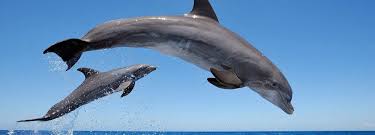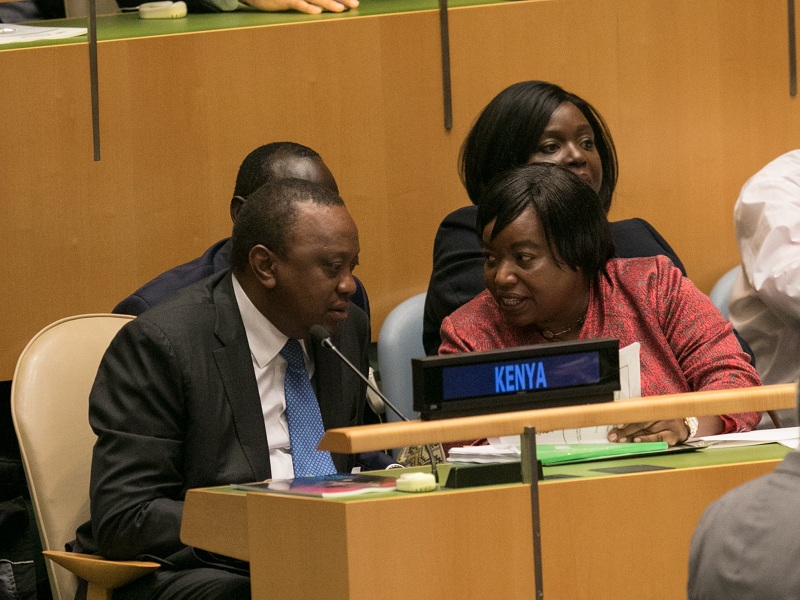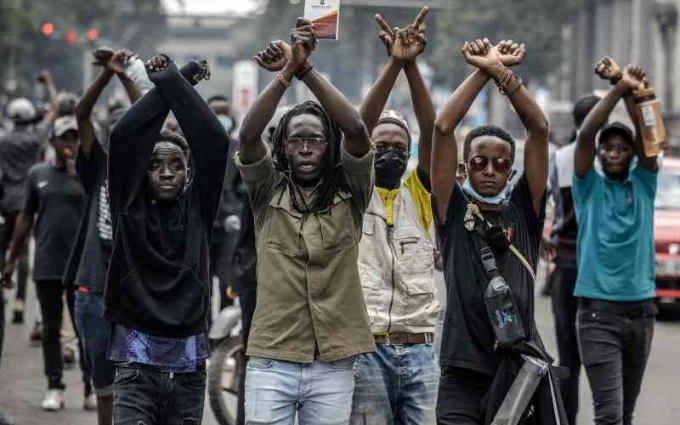[dropcap]A[/dropcap]s Kenya prepares to host the Blue Economy Conference next month themed ‘Blue Economy and the 2030 Agenda for Sustainable Development’, it is time to take stock of how international engagements are spurring economic growth.
The conference, which has attracted participants from across the globe, will be similar to the World Trade Organisation (WTO) meetings and the United Nations Conference on Trade and Development (UNCTAD) summit, which placed the country on the global stage, thanks to the massive publicity.
It comes at a time Kenya is increasingly being recognised as a Silicon Savannah: a modern country that is attracting international businesses and enterprising workers, and adopting the technologies of the future.
Already, Kenya has hosted world leaders including UK Prime Minister Theresa May, Israeli Prime Minister Benjamin Netanyahu, former UN Secretary General Ban Ki Moon, Indian Prime Minister Narendra Modi and Facebook founder Mark Zuckerberg, among others.
Last week it was the turn of US First Lady Melania Trump to visit the country where she held talks with her Kenya’s counterpart Margaret Kenyatta focusing on matters of health especially the welfare of mothers and children, a subject that is close to the hearts of the two First Ladies.
The visits by the above dignitaries are as a result of proactive lobbying by President Uhuru Kenyatta, which is reinforced by respective Cabinet Secretaries, as they seek to position Kenya as a destination of choice for investors.
But one question in the minds of many is whether the visits, together with the numerous delegations of Kenyan leaders and diplomats to other countries to market it, are bringing any benefits to Wanjiku.
To answer this question, it is imperative to first note that the Uhuru Kenyatta Administration has initiated a new strategy of using diplomacy to attract and boost investments and forge closer links with the new and traditional trading partners.
In this shift, the government has embraced the concept of economic and trade diplomacy, which demands that Kenya aligns itself with economic blocs of strategic importance.
These efforts have seen the country increase its honorary consuls and use them to not only market and defend the country abroad but also seek investments.
The adoption of this strategy is borne out of the realisation that the ongoing integration of global, cultural and economic communities has also led to a growing need for broad consular representation to spur interaction with other countries, maintain contact with the diaspora and uphold a positive image of Kenya.
In the world today, every place wants to market its unique identity to be placed in the global map.
Therefore by visiting Kenya, the UK premier gave investors from her country the confidence to explore the Kenyan market.
Already, there are more than 300 British companies in Kenya and trade between London and Nairobi is currently valued at £1.3 billion (Sh130bn), according to data from the British Chamber of Commerce Kenya.
The UK has been a strong trading and diplomatic partner for Kenya. At least 220 UK companies worth £2.7 billion operate in Kenya and employ 250,000 Kenyans.
Also, the central role Kenya played from June 7, 2018 at the World G7 Summit in Quebec, Canada, where President Kenyatta made a key presentation to the world’s most powerful leaders, rubber-stamps the changing scenario of the country becoming a key player, thanks to diplomatic marketing.
Notably, the President was also invited to the G7 Summit in Italy in 2017 and gave a landmark speech on the challenges occasioned by innovation and development in Africa, a key milestone that confirmed Kenya’s pivotal role in the continent.
Therefore the visits by top dignitaries and equally Kenya’s delegations marketing tours to other countries are helping the country’s progression to a modern, middle-income country in the next decade, with a target growth rate of 10% or more, and whose economic benefits are trickling to Wanjiku.
Likewise during the 2018 Commonwealth Summit in London, Kenya got another golden opportunity to pursue agenda of securing investment and bolstering trade with partners — old and new.
From this tour a number of foreign investors trooped to the country in search of investment opportunities. By setting base here, it means more jobs for the youths and the prospects of Wanjiku supplying them with, let’s say, cabbages and onions which will boost her income.
The success of the trade diplomacy is largely attributed to Foreign Affairs and International Trade Cabinet Secretary, Amb Dr Monica Juma.

Across the continent, Dr Juma has been championing the President Kenyatta’s support of intra-Africa trade and adoption of the Africa Continental Free Trade Area (AfCFTA) with Kenya expected to be among the first countries to ratify the agreement.
This, once adopted, will be another chance for Kenyan traders to seek new markets in the continent, whose benefits will likewise trickle down to Wanjiku.
It also imperative to note that the bilateral and diplomatic engagements with the outside world have seen Foreign Direct investment (FDI) in Kenya soar to a record $672 million (Sh67.7 billion) in 2017, according to United Nations agency.
The country’s strong performance was due mainly to buoyant domestic demand and inflows into ICT industries, according to the UN Conference on Trade and Development.
The diplomatic lobby has also seen multinational companies undertake major expansions in Kenya, which means more jobs for the locals.
They include South Africa’s Naspers, MTN and Intact Software — all part of the ICT industry.
The engagements have also seen US tech firms Boeing, Microsoft and Oracle direct substantial sums of money into Kenya, along with Johnson & Johnson, a pharmaceutical firm.
The situation was given an added impetus by the completion of the Mombasa-Nairobi section of the standard-gauge railway which besides easing transportation of cargo and passengers is also boosting economic growth and generating additional FDI flows.
Again, through this trade diplomacy, an American investment group, Overseas Private Investment Corporation (OPIC) is seeking to support the Nairobi-Mombasa Expressway Project in co-ordination with American engineering firm Bechtel.
This project is critical to enhancing the strategic transportation infrastructure along the Nairobi-Mombasa corridor — a major corridor of national and regional commerce and integration.
Besides, American businesses are eager to invest in Kenya and OPIC plans to support them through its arm, Connect Africa initiative.
In the health sector, Cabinet Secretary Sicily Kariuki oversaw the deployment of 100 Cuban medical experts across public health facilities while 50 Kenyan postgraduate doctors are being trained in Cuba, a process that started last month.
The development of preventive health curriculum for medical schools is underway and the two countries will collaborate in malaria vector control, pharmaceutical, biotechnology and research sectors. This is a big boost for Kenyans, particularly in the rural areas.
Other deals hammered through diplomacy include one on food security. Already, an MoU between Kenya’s and Cuba’s ministries of Agriculture has been signed. It provides for cooperation in testing and performance trial of bio-fertilisers in crop production; field trials and commercialisation of Cuba ‘bio-rodent’ to reduce post-harvest losses; urban agriculture; field trials and use of Cuba tick vaccine (GAVAC); improving aquaculture production and quality through trials and piloting of Cuban natural fish growth enhancer product; crop germ plasm exchange (for sweet potatoes, Irish potatoes, cashew nuts, rice, sugarcane) for fast maturity and increased yields; small scale agro-processing, sugarcane production and value addition technologies.
In the agricultural sector, development partners have been involved in addressing food insecurity through various interventions, including financial services to smallholder farmers and support for various value chains.
Recently Cabinet Secretary of Agriculture and Irrigation, Mwangi Kiunjuri met Cornelia Richter, Vice-President of the International Fund for Agricultural Development (IFAD) to discuss how to empower smallholder farmers in ensuring food security.
The group gave a boost to families in Nakuru County investing in dairy cows through a grant scheme as a part of the Smallholder Dairy Commercialization Project
Besides Cuba, National Treasury Henry Rotich recently inked a deal with Japan during the Africa Public Private Forum held in South Africa.
Kenya engaged the Japanese authorities on the deepening of economic cooperation between the two countries.
Through the engagement, Kenya got a slice of Japan’s $30 billion allocated to Africa for development as well as share bankable investment projects with Japan for investment consideration by the Japanese investors.
The engagements are also booting the realization of Uhuru’s Big Four Agenda – Manufacturing, universal health care, affordable housing and food security.
In healthcare, Uhuru is looking at increasing the number of people with health cover from 16 million to 25 million this year. The goals is to achieve 100% Universal Health Coverage by scaling up NHIF uptake.
This is being realised by adopting agency model, activating community health worker network, legal reforms to align the National Hospital Insurance Fund (NHIF) to UHC Multi-tier Benefit Packages and digitizing NHIF.
READ: KBC BUSINESS EDITOR JOINS PSCU
In affordable housing, Treasury has set aside Sh6.5 billion for provision of affordable and decent housing. Cabinet Secretary James Macharia recently confirmed that the President would launch various housing projects beginning with Park Road, Kiambiu and Starehe in Nairobi, and Mavoko in Machakos.
This is part of the 500,000 housing units the President promised to build in his final term.
Lastly, Kenya is also being recognised for restoring security, which is key to attracting investments. Here, Interior Cabinet Secretary Dr Fred Matiang’i must be commended for initiating radical reforms to better security, as country seeks to realise the Big Four.












2 Comments